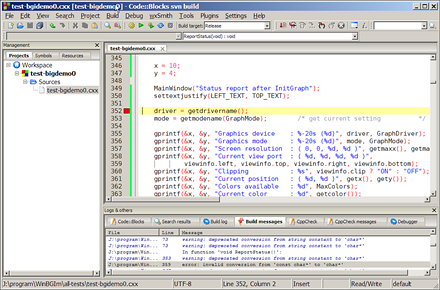Assignment: Write a valediction speech.
Howdy folks! My name is Alex Cantrell for those of you who were unaware, or needed reminding. I’ve been an attendee of A&M Consolidated High School for the past four years, and it has been quite a ride. I mean we’ve had TWO fires. Not many places can say that. Let’s get on however to what this speech is really about; graduation.
This is normally where I would go on into how life is like a book and how this isn’t the end, but the beginning, or how the friends you have made here will last forever, and the memories will stay with you always, but that’s all cliche hogwash which I don’t really like. I could also say I won’t go cliche with my farewell to this school, but that in itself has become cliche after being used by almost every valediction speech known to man. What I would like to say is this: this is the end, and all of the other cliches are lies.
We’ve had fun these last few years, there is no denying that, but memories fade. I can tell you I sure don’t remember when I was five. Heck, I can’t even properly remember the plot lines of books or movies i finished a few days ago. Memories go away and that’s okay since they make room for new ones. The only real purpose of memories is to shape us into who we are today and that is what is really important.
Our friends have also been the people who have shaped and molded us into (almost) fully functioning adults. However, regardless of what people say, they won’t be there, or your friends forever. They’re just memories after all, and like I said, memories fade. People stop hanging out daily, then weekly, and eventually altogether all the time. Does this mean the end is nigh? NO! We do the exact opposite as well by making new friends whom we gradually get to know better. This is all just life.
Life is constantly compared in these speeches to different things: books, sports, potatoes (not to sure on that last one though), but life is just life. Things end, and things begin. This isn’t bad, it’s just part of life, and growing. We get stuck with these cliches because high school is a cliche in itself. It teaches you the basics, the things you need to know to succeed, so you can continue in life. It’s your support. The assignments are all generic rip offs of past ones, they breed lack of originality, but serve a purpose. By being unoriginal, we learn what being original is, and are prepared to break free of this world of cliches to create and invent in the real world.
So yes, high school is at an end, but that’s not bad. It’s an end to a time where we are taught that everything is set in stone, and a time things never change. The cliche of high school is just the most accurate representation of it. So if I had to end with anything today, it’s this: go on, break free of the cliche’s and LIVE. Live an amazing and wonder filled life. Don’t care if you lose friends because you’ll make more on the way. Don’t worry about forgetting where you come from because your personality is the real book keeper, and there is always more to absorb. Don’t worry and just live.







